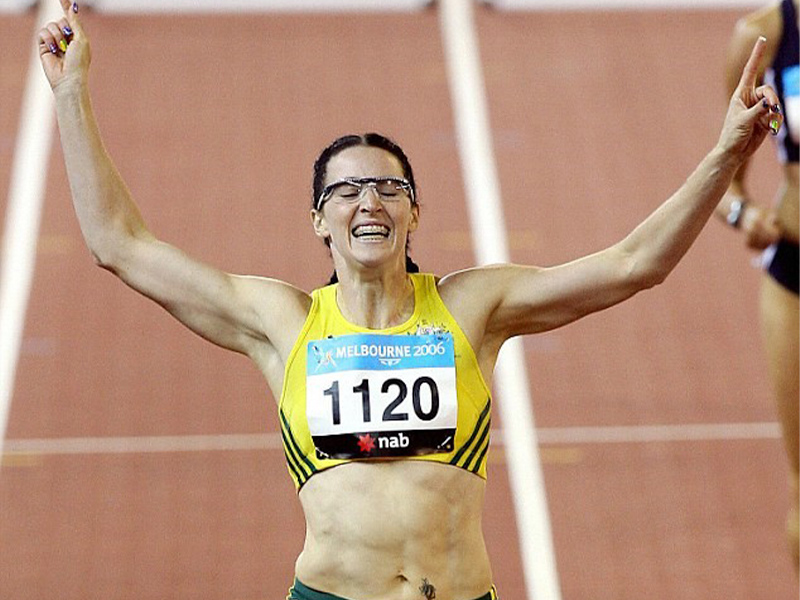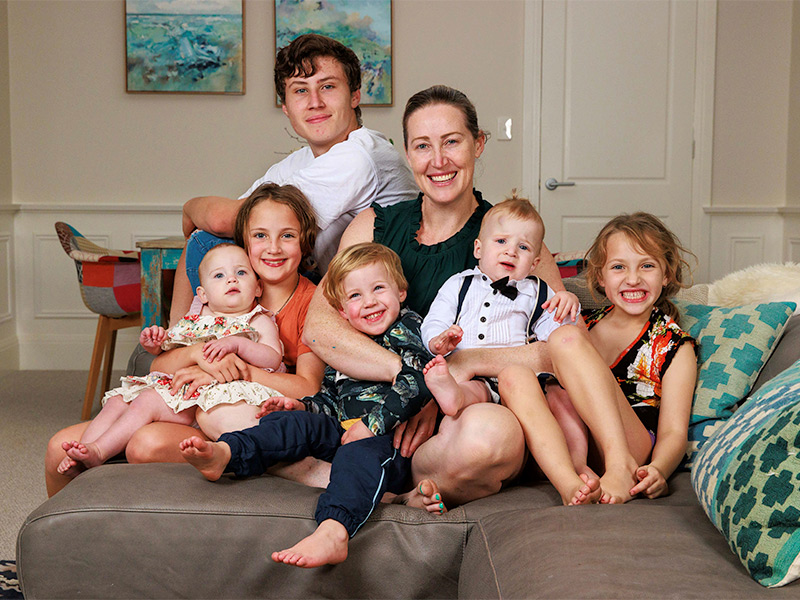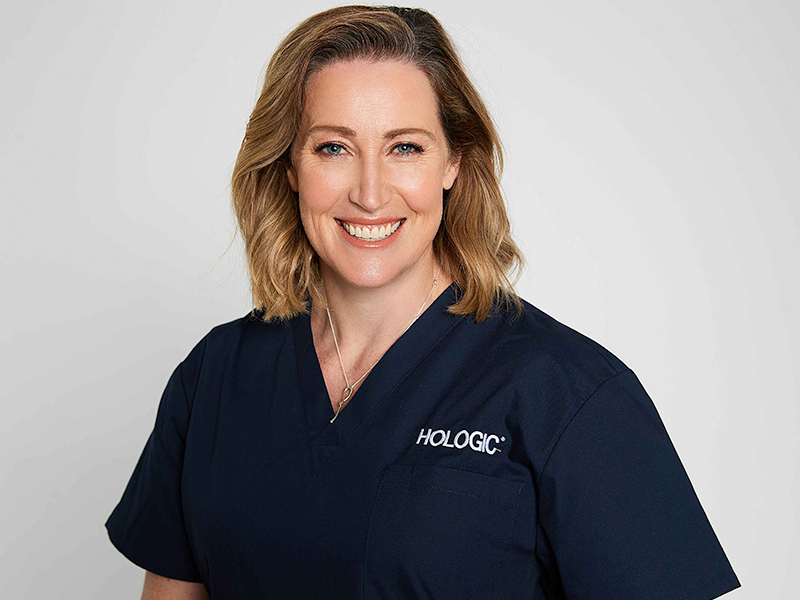‘I thought it was normal’: It’s time to talk about heavy periods
Heavy periods are commonly experienced but rarely talked about. Jana Pittman wants women to know treatment is available and they don’t need to suffer in silence.
When Jana Pittman was an elite athlete winning gold for Australia, she seemed unstoppable.
It’s hard to imagine at the time she was struggling with heavy menstrual bleeding and often required iron infusions.
Now a medical doctor, Dr Pittman reveals her fear of leaking during her period affected her concentration on the track.
“I never saw a doctor about it, I just thought it was normal,” Dr Pittman, 40, says.
“I grew up in the era of: ‘you’re a woman, this is part of life’.
“And that’s the mentality that we need to change.”
It was only after having children and training to be a doctor, that Dr Pittman realised so many women were suffering in silence like she did.
The mother-of-six says she has watched patients and friends struggle with the treatable problem.
“They often unnecessarily suffer in silence and miss out on life,” Dr Pittman says.
“It’s not a normal part of being a woman, it’s not okay to miss out on life due to your period.
“It shouldn’t be this bloody difficult.
“We need to be each other’s village, break the silence, talk about our period health, and raise community awareness on behalf of all Australian women and girls who are living with heavy menstrual bleeding.”

What is heavy menstrual bleeding?
Heavy menstrual bleeding is defined as excessive menstrual blood loss such as losing more than five to six tablespoons of blood, passing clots larger than a 50c coin, or having to change a pad or tampon every hour.

Heavy periods are common but rarely talked about
Dr Pittman is calling for more open discussion on heavy periods, to improve diagnosis rates and allow women to get effective treatment.
She has teamed up with researchers to reveal new findings about heavy menstrual bleeding.
The researchers surveyed 5000 Australian women, aged 35-52 years, about their periods.
The research found:
- Almost one in four women frequently have heavy periods
- More than one-in-two women struggling with abnormally long or heavy periods have not discussed the issue with their doctor.
- Embarrassment was the main reason women said they were reluctant to seek medical help.
- Less than 20 per cent see a gynaecologist.
- Many women are suffering in silence and mistakenly believe their heavy bleeding symptoms are “normal”.

Treatment options for heavy periods
Almost half of the respondents had no, or limited knowledge, of treatments available.
Obstetrician and gynaecologist Dr Lenore Ellett says without treatment, many women end up housebound, becoming anaemic and needing iron infusions.
But Dr Ellett, who is director of gynaecology for the Mercy Hospital for Women, says there are many treatment options available.
“Heavy menstrual bleeding is common and it is very treatable and women shouldn’t be embarrassed to talk to their health provider.”
She says treatments can include:
- Medication: Hormonal and non-hormonal
- Intrauterine device (IUD)
- Endometrial ablation
- Hysterectomy
For more information visit livecomfortably.
For more on menstrual health:
- How to use your menstrual period to truly thrive
- ‘It’s not just bad period pain’: What you need to know about adenomyosis
- Perimenopause: Should you be worried about blood clots during your period?
Written by Bianca Carmona.





